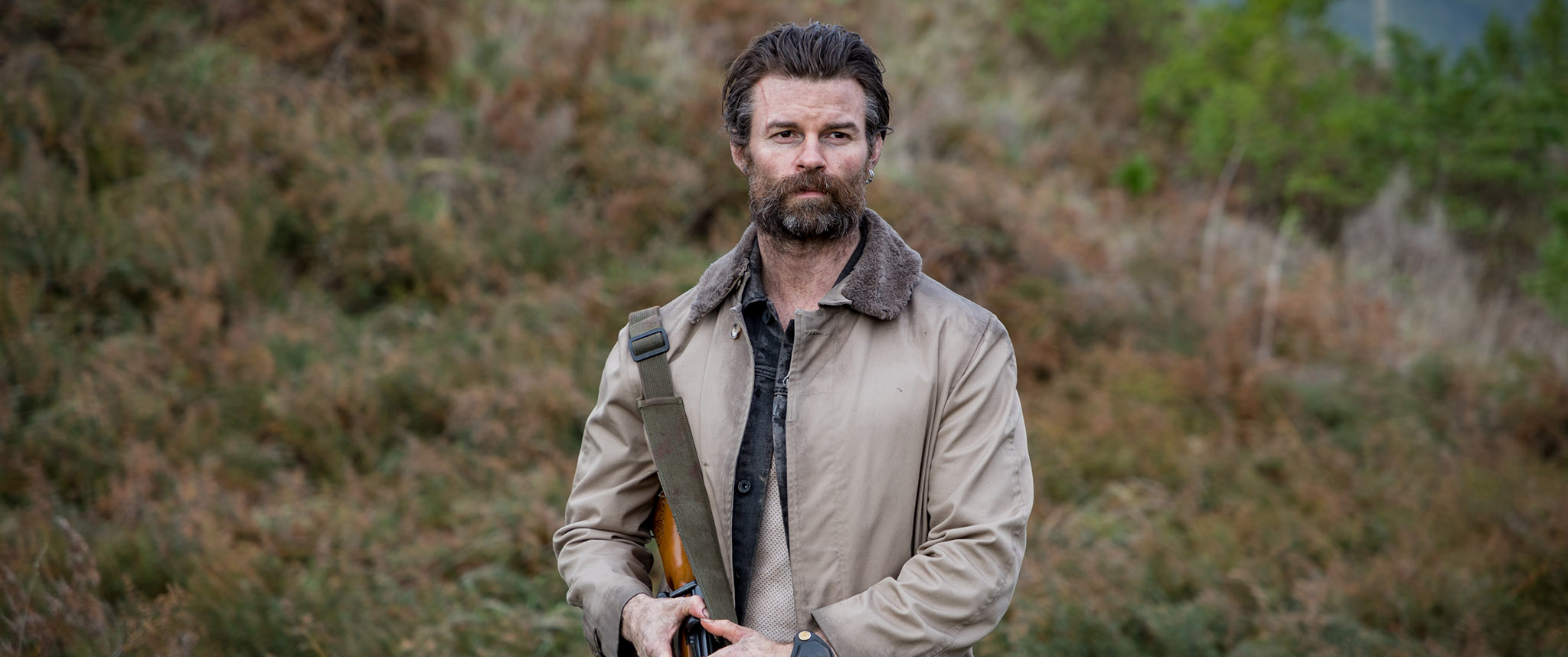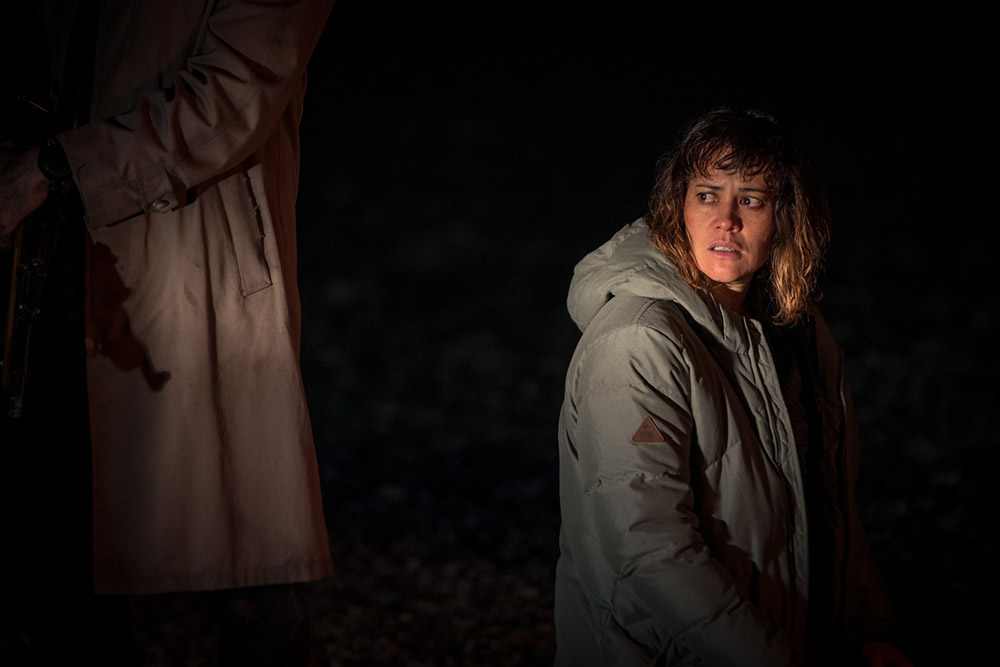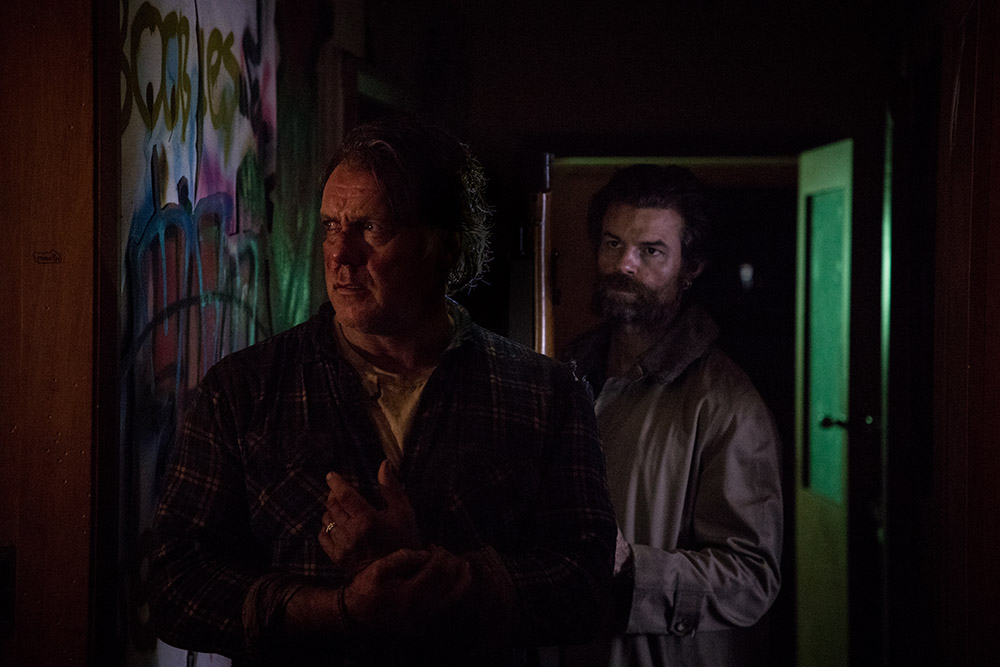
No Guest Found in this category
The directorial debut from James Ashcroft, Coming Home in the Dark is a “nightmare ride into [New Zealand’s] heart of darkness when the perfect family picnic is interrupted by two men with a rifle”.
The new film, starring Supanova alumnus and The Originals favourite Daniel Gillies, opens in Australia on September 9, and ahead of its local premiere, we caught up with Ashcroft to talk about the creation based on Owen Marshall’s original short story of the same name.
What was it about Owen Marshall’s original short story that interested you?
I was struck by Owen’s ability to invoke a feeling of the New Zealand landscape that I had felt myself but never seen articulated in prose before. That, coupled with an engrossing tone of dread and tension, gave it a cinematic feel. I loved the sketch he presented of the characters and wanted to know more about them before this collision.

Miriama McDowell as Jill in ‘Coming Home in the Dark’
What were the challenges in adapting it and how did you overcome those?
As much as I knew that I wanted to translate the story to the screen almost immediately upon reading it, the question that remained unanswered for the longest time was how it could speak to something more personal and relevant to contemporary audiences.
Despite its appeal and indeed its enduring relevance as a short fiction, it felt like well-trodden terrain in terms of film ‘plot’. We knew we had to get underneath it in some way if it was going to speak to something bigger. The elements we brought to the story came from other interests and research, but not until after some exploratory trial and error. Ultimately, it resonated quite organically with the source material and the characters and screen story unfolded relatively quickly from there.
What were you wanting to achieve with your feature film directorial debut?
It’s a project I was compelled to realise, a story I’ve been passionate about telling and exploring in a very specific way. But I won’t deny it was also a strategic step towards developing a career path on my own terms in collaboration with people I admire. I’m incredibly grateful that the films had the response that it has and opportunities to continue collaborating with the team are opening up for the future.

Erik Thomson as Hoaggie and Daniel Gillies as Mandrake in ‘Coming Home in the Dark’
How did Daniel Gillies become involved with the project and what was it like working with him?
We met for what I thought would be a quick coffee in LA and ended up talking for a few hours about the material, films that inspired us and what types of work we wanted to make. I walked away thinking – that’s him, that’s Mandrake right there.
Dan was a great collaborator. If he got bucked off the horse, he’d get back on it. He invested himself entirely in the project and put his trust in me and the vision I had for the work. I’d collaborate with him again any day.
What do you hope audiences take away from Coming Home in the Dark?
Ultimately, I hope it’s a film that will move audiences in one way, shape or form. And consider their worlds to be a little less black and white after they’ve left the cinema.
All images by GoldFish Creative









